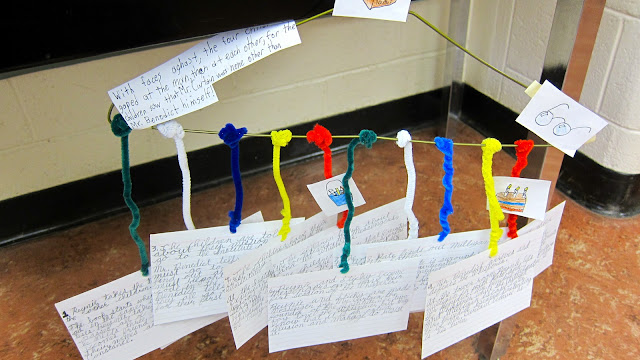In just under a week, we will be seeing students for the seminar on "Individual Projects". Here, we will be taking students through the steps in order to carry out research on a topic area of their choice.
I have sent out a letter to the schools requesting the following so please make sure students have the following information:
1. Students should have an idea of something they would like to study for their individual project. This should be a topic/person/historical event/concept they are interested in learning more about, or something they are passionate about.
2. If a student has an area of interest, he/she should begin to think about specific questions concerning their topic.
3. The student needs to bring in some primary sources for researching their project. This can be books from the library, or on-line resources. Although we have wireless internet in the classroom, we only have a few computers. Therefore, students can bring in their own laptops, ipads, or computer devices whereby they can get online. All items will be secured and locked up during recess and lunch, so there is no need to worry about items being lost or stolen.
4. WE will be learning about the following:
· How to research using on line resources, primary resources, and how to take notes and put information into our own words.
· How to put a project together in four days.
· How to share and present learning to others in an original format.
· How to create effective products of learning to demonstrate understanding.
· It is hoped, by completing this seminar, that students are able to create their own projects in the future in a comprehensive format!
Thank you for sending your child/student to the challenge centre. If you require more information, please feel free to contact me at Brock Elementary at 604-713-5766 or email me at:



























